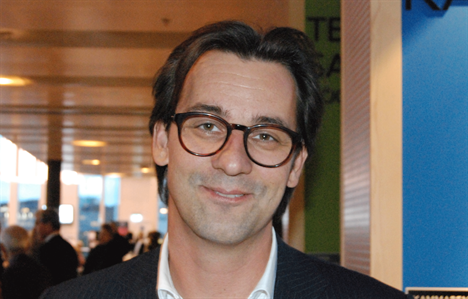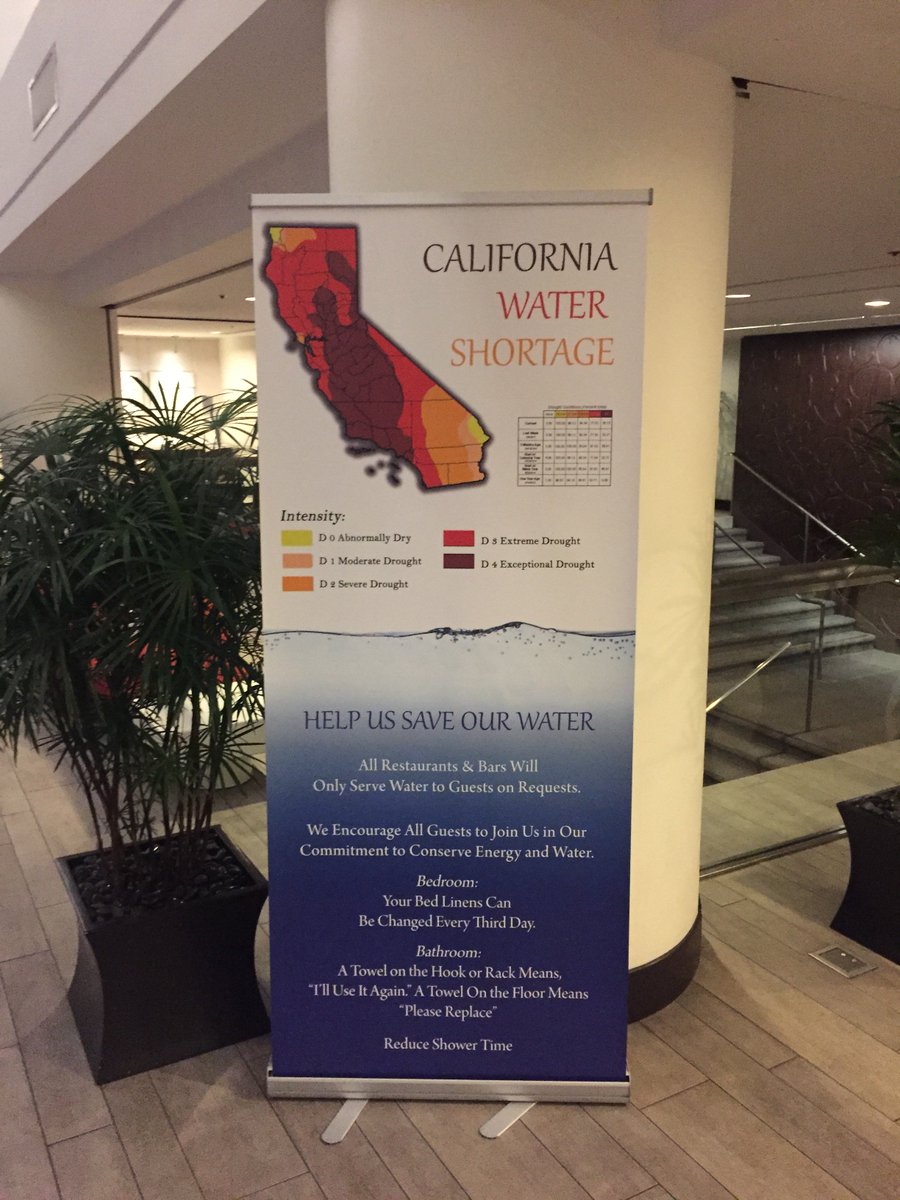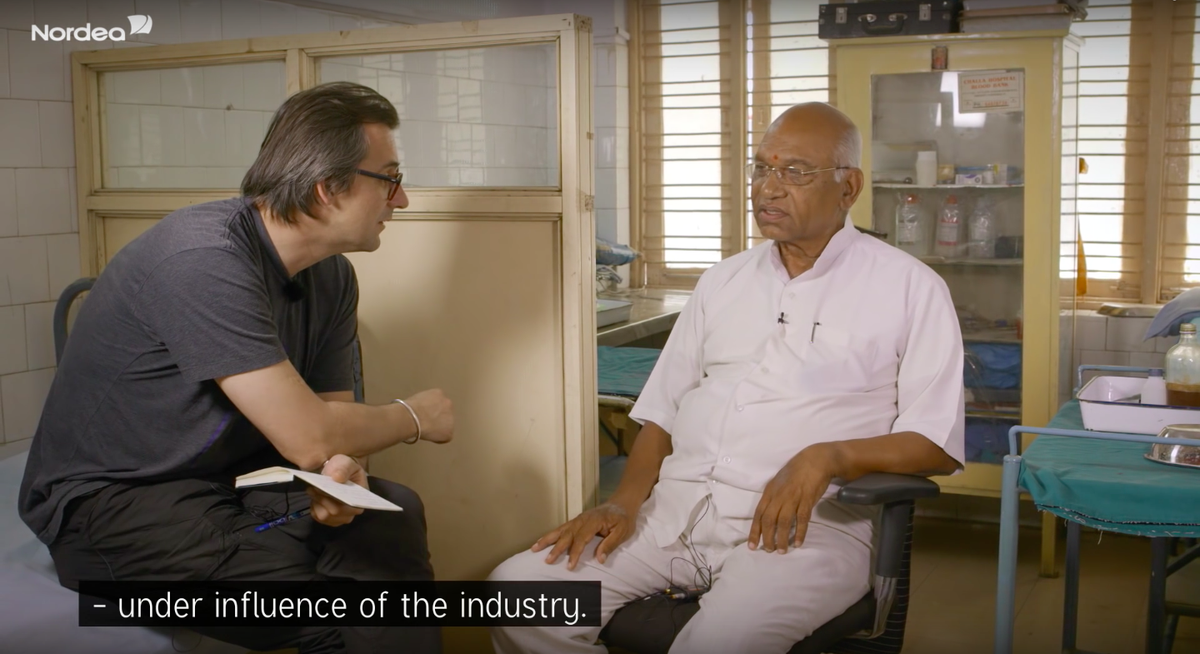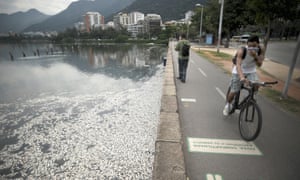
Latest:
You like energy? Look for another energy source than this one… http://bit.ly/1k2yr7R
#oilextraction #Canada Nordea field visit Canada – Tar Sands (UK)
Visiting the world’s largest solar reserves – located in Tonopah, Nevada. #solar #energy
https://twitter.com/SasjaBeslik
Volkswagen investor Nordea to sue over emissions fixing
More: http://www.theguardian.com/business/2015/nov/08/nordea-will-sue-volkswagen-vw-emission-fixing
http://www.ft.com/intl/cms/s/0/b2088126-8478-11e5-8e80-1574112844fd.html#axzz3r7GJJlkN
****************
With special thanks and kudos to major investor Sasja Beslik for his amazing leadership, for showing us his own pratical, Swedish way in our lifetime fight against #climatechange.
In the name of SUSTAINABILITY: ONE PLANET. ONE CHANCE. ONE PARIS #COP21. ALL UNITED!
Elisabeth Jenssen
P.S. And special kudos to our own Kana MUTOMBO, our superb Director of Engineering MDFDE/South Africa-USA-Sweden/Sustainable Development proudly representing the MDFDE in Sweden, Africa and the United States of America.
*****************
Yes, yes and yes again. We know. Let the sunshine lead the way!
It’s BS that responsible #investments give lower returns!
How to approach climate change? You do as much as you can for as many as you can for as long as it is needed.
Once consumers understand how their investments impact their world, transition will be evolutional.
Obama needs support. Best way to do help him? Stop investing in coal.
Sweden goes fossil free. Proud of it. Come on Europe!
Sasja Beslik
Why we need a new climate deal in Paris? Come with me to Texas… http://bit.ly/1RHtn31
In my hotel lobby in San Franciso. We need “the deal” in Paris. #COP21 #BSR15

Polluting to heal. Watch mini documentary on field visit to India: http://bit.ly/1KAICFJ

Responsible Investments Team Stockholm Office

Sasja Beslik
Sasja is Head of Responsible Investment at Nordea Asset Management. His previous roles include those of CEO of Nordea Funds AB, Global Head of Responsible Investment & Engagement at Banco/ABN Amro and consultant for the World Bank, conducting several projects in Africa and Asia. In 2011, Sasja was selected as a Young Global Leader by the World Economic Forums.
Links: http://www.nordea.com/en/responsibility/responsible-investments/our-team/
http://www.sri-connect.com/index.php?option=com_content&view=article&id=756&Itemid=1266
Nordea’s Sasja Beslik on Davos 2015: Rising Inequality Unsustainable, Inclusiveness Answer

Sasja Beslik
Davos – A participant of earlier World Economic Forum (WEF) meetings in Davos, Sasja Beslik, head of Responsible Investment and Governance at Nordea Investment Funds, applauds the attention awarded to rising income and wealth inequality at this year’s get-together in the Swiss Alps. “This is a huge topic and one of immense importance. Questions regarding inclusive development gain in relevance as income disparities rise and become quite unsustainable.”
Mr Beslik emphasises that “normal” investment strategies take little or no account of values that promote inclusiveness: “Mainstream investments can and should embrace sustainability values which pointedly includes taking the best interests of all stakeholders into account.” Mr Beslik goes on to explain that the proper application of environmental, social, and governance (ESG) parameters will inevitably facilitate a more equitable distribution of wealth.
“Inclusiveness now tops the agenda as a response to income inequality reaching levels that are not sustainable. The continued growth of emerging markets will swell the ranks of the global middle class. Within a few years, anywhere from 300 to 500 million people will leave poverty behind and aspire to consumption patterns not dissimilar from our own. Nobody is talking about that, yet the pressure on the world’s finite resources will become quite unsustainable. Demographics are about to change radically while the global capacity to meet the added demand remains virtually unchanged.”
“Inclusiveness now tops the agenda as a response to income inequality reaching levels that are not sustainable.”
– Sasja Beslik
Mr Beslik is certain that the world will experience profound change and conflict over the next decade as economies grapple with climate change and security issues that will stress inequality yet further. “The writing is already on the wall. Instability in North Africa is directly affecting developments in Europe with immigrants knocking at the gate and neighbourhood security threats on the rise. This forces the people now present in Davos to place inequality at the top of their agenda. A new equilibrium is urgently called for and this cannot be reached with continually rising disparities in income and wealth.”
Mr Beslik warns that economic imbalances in what he calls “a tired and old Europe” may cause political upheavals with extremist parties gaining a solid foothold as disenfranchised middle classes look for ways to preserve or regain the modest level of prosperity lost as a result of the generalised economic malaise.
“This is already visible in countries such as Greece where people formerly belonging to the middle class have been deprived of their livelihoods and, as a result, are now highly annoyed. They have many ways to act and most of them involve empowering movements and political parties erstwhile confined to the outer fringes of public discourse. This does not paint a rosy picture.”
Briefly reviewing the state of the world, Mr Beslik notes that while Mexico is doing quite alright thanks to its proximity to the United States, elsewhere in South America developments are less encouraging: “Venezuela is about ready for a change of government while Brazil remains mired in corruption on an almost epic scale. The potential is huge, but largely untapped.”
Asia and Africa, meanwhile, are offering much hope for accelerated development, contrasting sharply with a mostly stagnant Europe: “With its huge population, India looks set to become the world’s next manufacturing giant, possibly overtaking China in the process. The Middle East is somewhat less promising with its many and often violent conflicts. Throw Israel into that explosive mix and you have a most disconcerting scenario.”
Mr Beslik, somewhat of a contrarian banker who revels in calling things by their proper name, cautions that demographic pressures are about to escalate: “Income equality is a prime reason for people to get on the move. People will pull up stakes if they see no better future taking shape. They will move, regardless barriers. Perhaps the time has come to accept this fact and open our borders. Europe stands in need of enterprising people. The continent is growing old. Shortly, about a fifth of the Swedish population will be over 65. If we are to keep the welfare state more or less intact, we need to open our borders. Sweden is doing just that, but other European countries are reluctant to follow suit.”
Mr Beslik remains, however, cautiously optimistic and sees the WEF meeting in Davos as a unique opportunity for people who actually care about global wellbeing to meet and address pressing issues through a frank and open exchange of ideas and experiences: “Davos is a truly fantastic event for those concerned about the world to cut to the chase, name the issues, and provide the beginnings of a solution. What sometimes worries me slightly is the perception that, after all good intentions have been laid bare at Davos, the follow-up remains iffy. That said, I do fervently hope that the World Economic Forum is able to use its considerable clout to reach out with all the good stuff they produce.”
http://www.nordea.fr/1580562.html?returnPid=904000
Beyond capitalism and socialism: could a new economic approach save the planet?
A holistic approach to the economy is necessary to avoid social, environmental and economic collapse, according to a new report by the Capital Institute

To avoid social, environmental and economic collapse, the world needs to move beyond the standard choices of capitalism or socialism. That’s the conclusion of a new report released Wednesday by US think tank Capital Institute.
The non-partisan think tank argues that both systems are unsustainable, even if flawlessly executed, and that economists need to look to the “hard science of holism” to debunk outdated views held by both the left and the right.
Jan Smuts, who coined the term “holism” in his 1926 book, Holism and Evolution, defined it as the “tendency in nature to form wholes that are greater than the sum of the parts”. For example, in the case of a plant, the whole organism is more than a collection of leaves, stems and roots. Focusing too closely on each of these parts, the theory argues, could get in the way of understanding the organism as a whole.
Viewed through this perspective, the capitalist tendency to isolate an economic process from its antecedents and effects is fundamentally flawed. The Capital Institute, created by former JP Morgan managing director John Fullerton, says that society’s economic worldview has relied on breaking complex systems down into simpler parts in order to understand and manage them.
For example, this traditional economic view might view automobile manufacturing separately from the mineral mining, petroleum production and workers on which it relies. Moreover, this view might also not acknowledge the impact that automobile manufacturing has on the environment, politics and economics of an area. Holism, on the other hand, would view the entire chain of cause and effect that leads to – and away from – automobile manufacturing.
The Capital Institute report, titled Regenerative Capitalism, emphasizes that the world economic system is closely related to, and dependent upon, the environment. “The failure of modern economic theory to acknowledge this reality has had profound consequences, not the least of which is global climate change,” it says.
A long chain of cause and effects
According to the Capital Institute, the consequences of this economic worldview are vast and far reaching, encompassing a host of challenges that range from climate change to political instability.
For example, the current capitalist system has created extreme levels of inequality, the report says. This, in turn, has led to a host of ills, including worker abuse, sexism, economic stagnation and more. It could even be considered partly responsible for the rise of terrorism around the world, the report claims. In other words, this inequality has become a threat to the very system that is creating it. Without radical change, the report warns, “the current mainstream capitalist system is under existential threat”.
What is needed now, the Capital Institute argues, is a new systems-based mindset built around the idea of a regenerative economy, “which recognizes that the proper functioning of complex wholes, like an economy, cannot be understood without the ongoing, dynamic relationships among parts that give rise to greater wholes”.
In practice, this might lead to close analysis of supply chains, investigations of the effects of water use, circular economy initiatives, community economic development work or a host of other sustainability efforts.
While some people associate holistic thinking with mystics or hippies, the worldview is borne out in ways that are measurable, precise and empirical. “Universal principles and patterns of systemic health and development actually do exist, and are known to guide behavior in living systems from bacteria to human beings,” the report says.
Holism also can be used to study “nonliving systems from hurricanes to transportation systems and the internet; and societal systems including monetary systems”. Not surprisingly, the theory underlies other scientific and social tools, such as system theory and chaos theory.
A radical shift
This holistic approach flies in the face of a great deal of long-held beliefs. For example, while decision makers usually focus on finding a single ‘right’ answer, holism focuses on finding balanced answers that address seemingly contradictory goals like efficiency and resilience, collaboration and competition, and diversity and coherence. Taken from this perspective, holism wouldn’t approach global economics from a capitalism-or-socialism perspective, but rather from a capitalism-and-socialism perspective.
The report emphasizes the importance of innovation and adaptability over rigid structures and belief systems. It also embraces diversity, suggesting that, instead of trying to find a globalized one-size-fits-all approach to change, it is vital to recognize that each community consists of a “mosaic of peoples, traditions, beliefs, and institutions uniquely shaped by long term pressures of geology, human history, culture, local environment, and changing human needs”.
Ultimately, the report argues, a holistic perspective emphasizes that we are all connected to one another and to the planet, and therefore need to recognize that damaging any part of that web could end up harming every other part.
In business terms, what would this sort of revolutionary shift in business look like? The Capital Institute, which presented a white paper at Yale University’s Center for Business and the Environment on Tuesday, says innovators and entrepreneurs around the world are already responsible for thousands of sustainability initiatives and movements that are helping to re-imagine capitalism, such as social enterprises, B Corps, impact investing, slow food and localism.
The report says that, while some critics view these as “disconnected feel-good activities outside the mainstream capitalist system”, they are, in fact, “in alignment with the regenerative economy framework”. Collectively, it claims, “these forces provide living proof that a new regenerative economy is emergent”.
Beyond movements of change, the institute points to a number of individual initiatives that show how the world could change for the better. For example, Mexico’s Grupo Ecologico has worked to fund impoverished small farmers and ranchers, giving them the economic freedom to preserve and regenerate their own land.
Similarly, Australia’s Bendigo Community Bank splits its net income with local community enterprises. It directs a portion of community branch earnings toward grant making, giving local leaders the opportunity to become active players in their communities.
Community development is also a primary concern for Chicago’s Manufacturing Renaissance, which is forging unusual partnerships among government, labour unions, educators, the private sector, and civil society to create programs that support the region’s advanced manufacturing sectors.
Fullerton says there is great potential ahead if society can change its collective mindset: “This is a monumental challenge that holds the promise of uniting our generation in a shared purpose. We now have a more rigorous understanding of what makes human networks healthy – this alone constitutes an amazing opportunity. It is time to act. Our actions, now, will most certainly define the nobility of our lives and our legacy. This is the great work of our time.”
The rethinking prosperity hub is sponsored by DNV GL. All content is editorially independent except for pieces labelled “brought to you by”. Find out more here.
